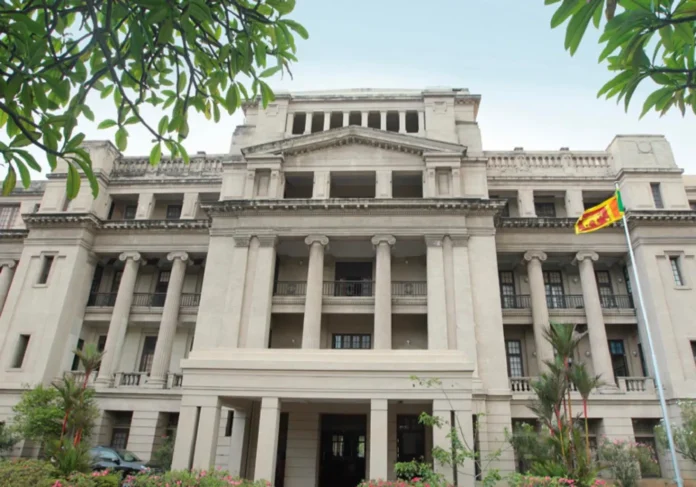By: Staff Writer
November 20, Colombo (LNW): Sri Lanka is taking a decisive step toward strengthening the management of its public debt, with the Cabinet approving new regulations that formalise the powers and responsibilities of the Public Debt Management Office (PDMO) under the Public Debt Management Act No. 33 of 2024.
The new orders, published as Public Debt Management Orders No. 02 of 2025 in the Extraordinary Gazette No. 2459/52 on October 24, 2025, provide a structured framework for the PDMO to regulate primary dealers and oversee government securities transactions.
The Public Debt Management Act, enacted last year, transferred the authority to issue government loan securities from the Central Bank to the PDMO under Section 16, while Section 31 empowers the Minister of Finance to appoint primary traders and issue relevant directives.
The newly gazetted regulations operationalise these provisions, granting the PDMO authority to monitor compliance, issue operational guidelines, and evaluate the performance of primary traders involved in direct government security issuance.
Cabinet Spokesman Minister Dr. Nalinda Jayatissa explained that the regulations also formalise the PDMO’s role in overseeing non-dealer bidders and recommending corrective actions when necessary. “With the implementation of the Public Debt Management Act, these functions will be transferred to the Public Debt Management Office. The amendment outlines procedures such as monitoring primary marketers and issuing recommendations when required,” Dr. Jayatissa said at a recent post-Cabinet media briefing.
Analysts say that the creation of a dedicated debt management office represents a critical institutional strengthening step, particularly as Sri Lanka continues to manage high levels of public debt, estimated at over 115% of GDP in 2025. By centralising oversight of government securities issuance and primary dealer operations, the PDMO could improve transparency, ensure consistent compliance, and help reduce borrowing costs for the government.
However, experts also caution that the office’s expanded mandate must be accompanied by robust operational procedures and strong governance mechanisms to prevent regulatory lapses. Given the historical challenges in debt managementincluding delayed reporting, opaque auctions, and inconsistent policy enforcement effective implementation of the PDMO’s powers will be crucial to restoring investor confidence and stabilising domestic financial markets.
The PDMO’s oversight of primary dealers and non-dealer bidders is particularly significant for the government’s fiscal strategy. By monitoring performance and recommending corrective measures, the office can influence market liquidity, pricing of government securities, and the overall cost of borrowing. In the medium term, this could provide fiscal space for development projects, social programmes, and debt servicing, which are critical as Sri Lanka navigates ongoing economic recovery.
President Anura Kumara Dissanayake, in his capacity as Finance, Planning and Economic Development Minister, submitted the proposal to Parliament, signalling political support for strengthening institutional debt oversight. As the PDMO’s expanded mandate is phased in, the office will be tasked not only with operational supervision but also with fostering market discipline, improving transparency, and aligning debt issuance practices with broader economic objectives.
Economists say that if implemented effectively, the PDMO could play a pivotal role in stabilising Sri Lanka’s public finances, improving investor confidence, and reducing the risk of future debt crises. Its success, however, will depend on the clarity of regulations, adherence to governance standards, and proactive monitoring of market participants in a challenging economic environment.
